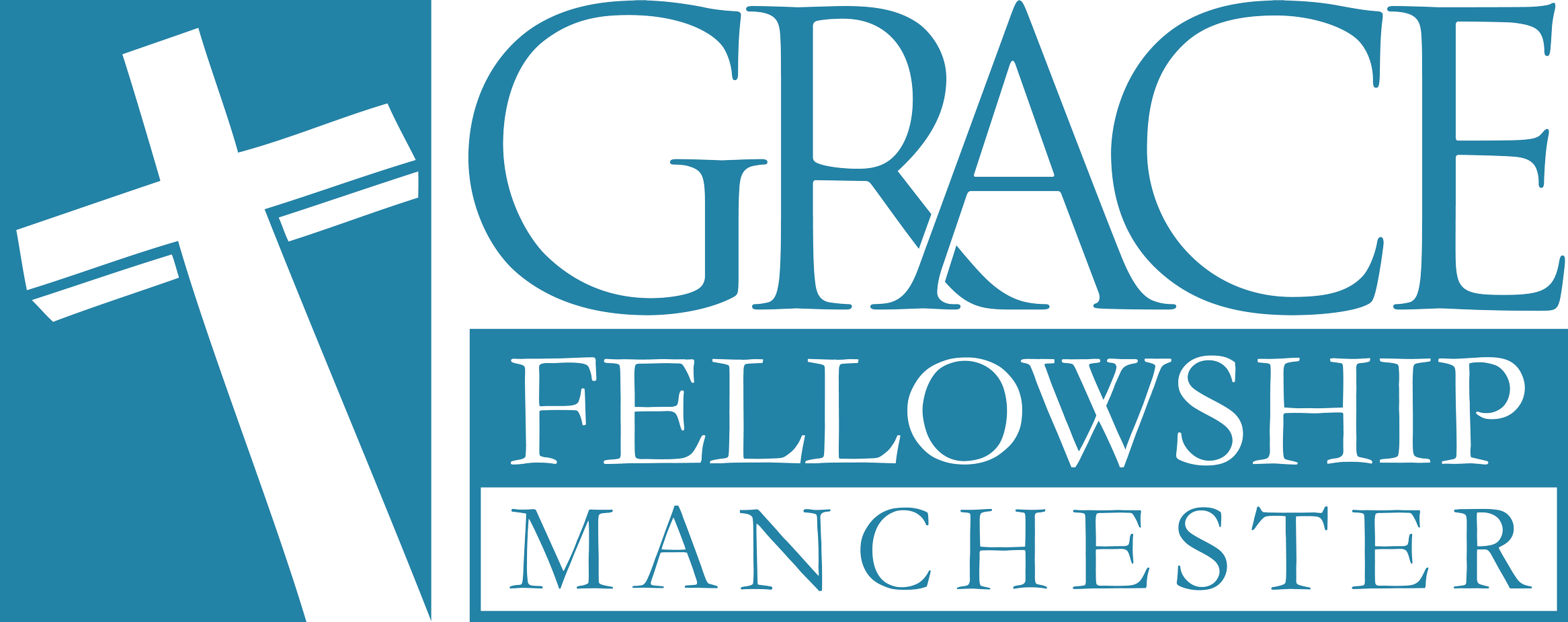>”Beware of the evil of mistaking preaching for prayer. The friends who were reputed to be ‘gifted’ indulged themselves in public prayer with a review of their own experience, a recalling of their creed, an occasional running commentary upon a chapter or Psalm, or even a criticism upon the Pastor and his sermons. It was too often quite forgotten that the brother was addressing the divine Majesty, before whose wisdom a display of our own knowledge is impertinence, and before whose glory an attempt at swelling words and pompous periods is little short of profanity; the lecture was evidently intended for man rather than God, and on some occasions did not contain a single petition from the beginning to end. We hope that good men are leaving this unhallowed practice, and are beginning to see that sermons and doctrinal dissertations are miserable substitutes for earnest wrestling prayers, when our place is before the mercy-seat, and our engagement is intercession with the Most High. If each person will offer the petition most pressing upon his heart by the Holy Spirit, and then make room for another, the evening will be far more profitable, and the prayers incomparably more fervent than if each brother ran round the whole circle of petition without dwelling on one point. Compare your topics of prayer to so many nails; it will be better for an intercessor to drive one nail home with repeated blows, than to deal one ineffectual tap to them one after another. Let as many as possible take part in the prayer of the church’s desires; the change of voice will prevent weariness, and the variety of subjects will excite attention. Better to have six pleading earnestly, than two drowsily; far better for the whole meeting that the many wants should be represented experimentally by many intercessors, than formally by two or three.” ~Charles Spurgeon
“Often our prayers are more like orations than petitions-more like statements of doctrine than utterances of need! It seems, at times, as though we meant to explain principles to God, and give Him a large amount of information. These are the things which cast a withering influence over our prayer meetings, robbing them of their freshness, their interest, and their value. Those who really know what prayer is-who feel its value, and are conscious of their need of it, attend the prayer meeting in order to pray, not to hear lectures and expositions from men on their knees. If they want lectures, they can attend at the lecture hall or the preaching room; but when they go to the prayer meeting, it is to pray. To them, the prayer meeting is the place of expressed need and expected blessing- the place of expressed weakness and expected power…Not infrequently it happens that what we call prayer is not prayer at all, but the fluent utterance of certain known and acknowledged truths and principles, to which one has heard so often that the reiteration becomes tiresome in the extreme. What can be more painful than to hear a man on his knees explaining principles and unfolding doctrines? The question forces itself upon us, “Is the man speaking to God, or to us?” If to God, surely nothing can be more irreverent or profane than to attempt to explain things to Him; but if to us, then it is not prayer at all and the sooner we rise from the posture of prayer the better, inasmuch as the speaker will do better on his legs and we in our seats… Some of us seem to think it necessary to make one long prayer about all sorts of things-many of them very right and very good, no doubt-but the mind gets bewildered by the multiplicity of subjects. How much better to bring one object before the throne, earnestly urge it, and pause so that the Holy Spirit may lead out others, in like manner to pray, either for the same thing or something else equally definite. Long prayers are often very wearisome.” ~C.H. Mackintosh

